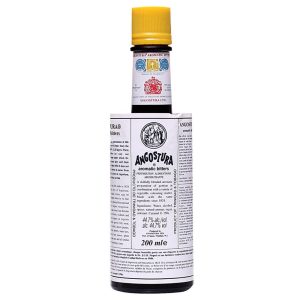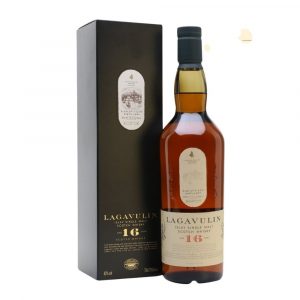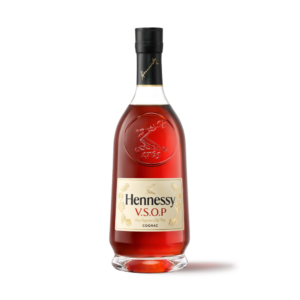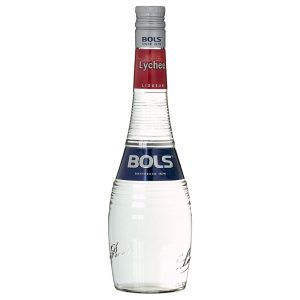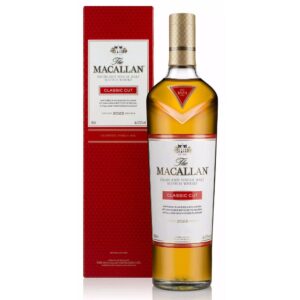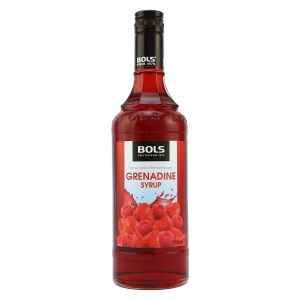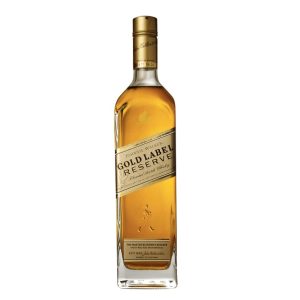
Maotai, also known as Moutai, has long stood as the pinnacle of Chinese spirits, a symbol of tradition, luxury, and cultural pride. This distinguished beverage, with its deep roots in Chinese history and unique production methods, has captivated the palates of connoisseurs worldwide. In this comprehensive exploration, we delve into the world of Maotai, uncovering the intricacies that make it a coveted and respected spirit.
The Historical Significance of Maotai
The story of Maotai begins in the picturesque town of Maotai in , a location synonymous with the spirit. The history of Maotai dates back over a thousand years, with its legendary status cemented during the Qing Dynasty. It gained international acclaim in 1915 at the Panama-Pacific International Exposition, where it was awarded a gold medal, putting it on the global map. Since then, Maotai has become an integral part of Chinese culture, often used in official ceremonies and state banquets.
Historical Journey: Maotai’s Rise from Local Spirit to Global Icon
The historical journey of Maotai is as rich and complex as its flavor. Originating during the Qing Dynasty, its prestige has grown alongside China’s own historical and cultural evolution. Once a local spirit, it gained prominence as a national symbol during significant historical events, including state banquets and diplomatic functions. The evolution of Maotai reflects the socio-economic changes in China, from being a drink for the elite to becoming a symbol of national pride and global prestige. Over the years, the production of Maotai has adapted to modern techniques while preserving its traditional essence, a testament to its ability to balance innovation with heritage. This adaptability has ensured that Maotai not only remains relevant but continues to be a cherished part of China’s cultural legacy.
Unique Production: A Blend of Nature and Craftsmanship
What sets Maotai apart is its meticulous production process, which involves multiple fermentation and distillation steps. The spirit is made from high-quality sorghum and wheat, using local water from the Chishui River, known for its purity. The fermentation process is unique, involving a solid-state fermentation in mud pits, a method that contributes to Maotai’s distinct flavor profile. This complex process can take up to a year, showcasing the dedication to craftsmanship.
Maotai in the Global Spirits Pantheon: A Comparative Perspective
Maotai stands unique in the world of fine spirits, often inviting comparisons with globally renowned beverages like Scotch whisky and French cognac. While Scotch is celebrated for its wide range of flavor profiles, from smoky peat to smooth, fruity notes, and cognac is known for its rich, grape-based elegance, Maotai brings a distinctively different experience. Its flavor, deeply rooted in the terroir of the Guizhou province and the unique fermentation process, offers a complexity that is unparalleled. Unlike the grain-based Scotch or grape-derived cognac, Maotai’s sorghum base imparts a subtle, natural sweetness with spicy undertones, setting it apart in taste and aroma. This distinct character positions Maotai not just as an alternative to these traditional Western spirits, but as a unique offering that expands the horizons of spirit connoisseurs around the world.

Tasting Maotai: An Experience Like No Other
Maotai is renowned for its complex flavor profile, which includes a harmonious blend of savory, sweet, and spicy notes. On the nose, it presents a rich bouquet of aromas, from soy sauce to stone fruits and toasted nuts. The palate is greeted with a warm, smooth texture, unveiling layers of flavor that include hints of anise, pepper, and a subtle sweetness. The finish is long and lingering, leaving an impression of sophistication and depth.
A Symbol of Prestige and Luxury
In China and beyond, Maotai is not just a beverage; it’s a status symbol, often presented as a prestigious gift or served at significant events. Its reputation as a luxury spirit is partly due to its limited production and the meticulous craftsmanship involved in its creation. Collectors and aficionados prize older vintages of Maotai, with some bottles fetching astronomical prices at auctions.
Maotai in Modern Times
Today, Maotai continues to hold a revered place in Chinese culture and is gaining popularity worldwide. It’s a staple in upscale Chinese restaurants and is becoming more common in Western bars and liquor stores. Modern mixologists are experimenting with Maotai in cocktails, introducing this traditional spirit to a new generation of drinkers.
The Cultural Impact of Maotai
Maotai’s cultural significance extends beyond its consumption. It’s a symbol of Chinese hospitality and is deeply intertwined with the nation’s history and traditions. The Maotai town itself has become a tourist attraction, drawing visitors keen to explore the birthplace of this iconic spirit.
Health Aspects of Maotai
While often enjoyed for its taste and prestige, Maotai is also believed to have health benefits, a view rooted in traditional Chinese medicine. It is thought to aid in digestion and circulation, though these claims are more cultural than scientific. Like all alcoholic drinks, it’s important to enjoy Maotai responsibly and in moderation.
Maotai in the Global Market
The international recognition of Maotai has grown significantly in recent years. It’s not just popular among the Chinese diaspora; it’s gaining aficionados worldwide who appreciate its unique taste and cultural significance. As global interest in diverse spirits increases, Maotai is well-positioned to become a staple in the international spirits community.
Conclusion
Maotai is more than just a spirit; it’s a journey through China’s rich history and a testament to the art of traditional distilling. Whether enjoyed neat, as part of a ceremonial toast, or in a contemporary cocktail, Maotai offers an experience that’s steeped in tradition and luxury. Its growing popularity worldwide is a nod to the expanding appreciation for diverse, culturally rich beverages in the global spirits market.


